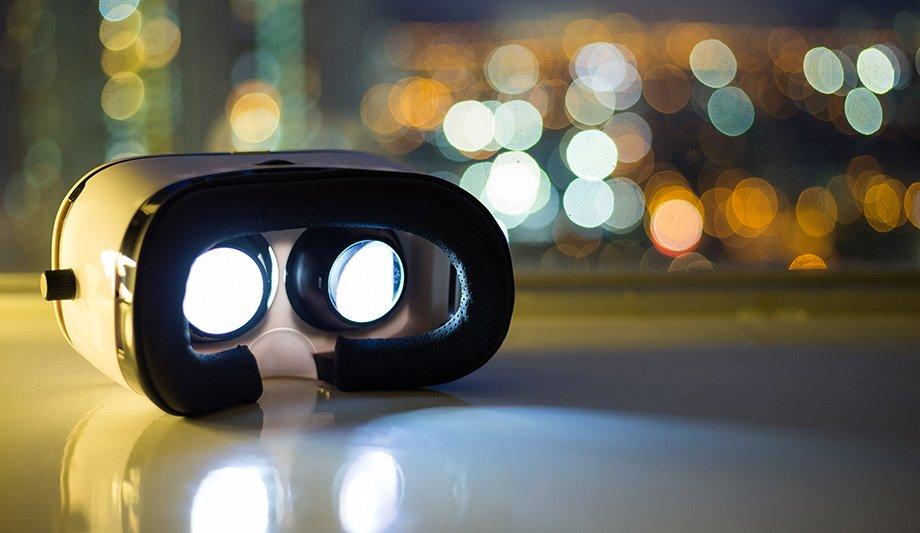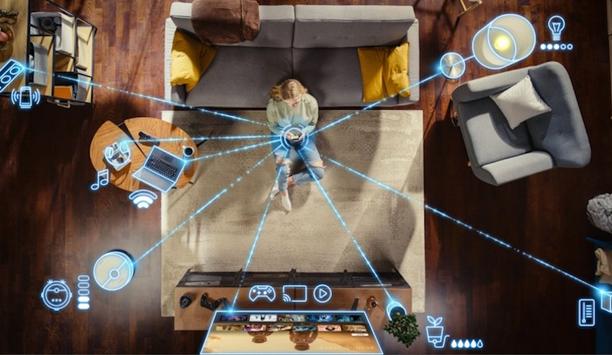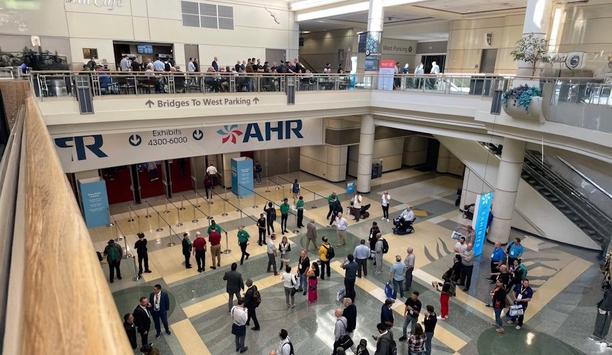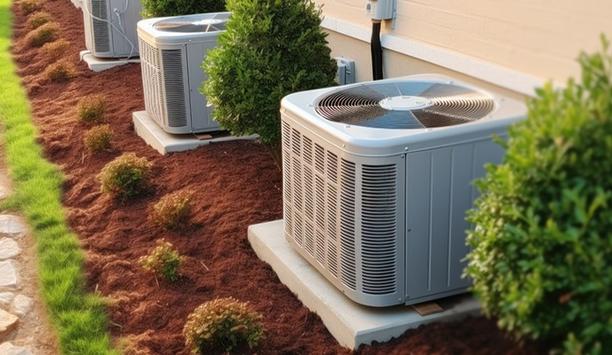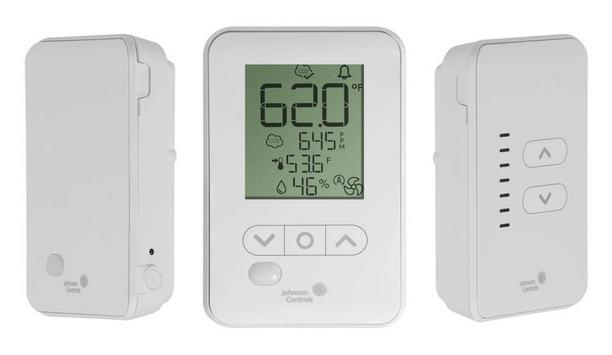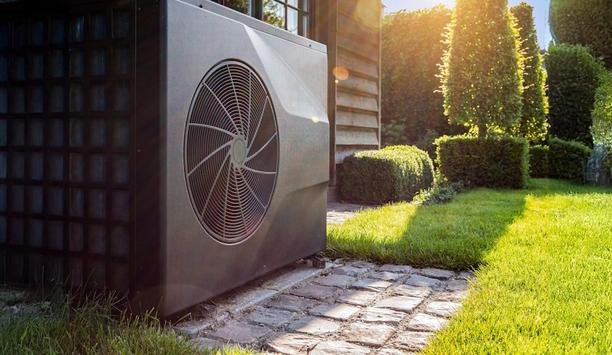When COVID-19 hit, North Arkansas College had to close its school, and students had to transition from in-person to online learning, which is especially difficult when teaching a trade that is heavily dependent on hands-on training. The HVAC/R program at North Arkansas College, which has existed for over 50 years, typically has an average of 14 to 16 students enrolled each year.
HVAC/R program
“With the quick transition we had to think outside the box, and so we found a company that had created a software for the HVAC/R Industry to help contractors and service companies give their service technicians additional training in areas that they needed,” said Jeff Smith, a licensed HVAC/R contractor who teaches courses at North Arkansas College.
The software uses virtual reality (VR), a computer-generated simulation that enables a student to interact with an environment using electronic devices. The software chosen by North Arkansas State could be used for desktop (two dimensional) or with VR equipment (headset).
Software using virtual reality (VR)
The original thought was to send a laptop and VR headset home with each student, during the COVID-19 pandemic, to potentially get the hands-on training that they were missing, but that plan did not work out due to the overall costs and possible technical difficulties.
“However, we recognized the value in the VR system and knew right away it would make a great tool to help build on what the students were already learning in the classroom and lab settings,” said Jeff Smith.
SkillMill software
The college uses Interplay Learning Software’s SkillMill, which was designed specifically for the HVAC/R industry
The college uses Interplay Learning Software’s SkillMill, which was designed specifically for the HVAC/R industry and other trades. The software was also developed to work with several VR headsets brands, including the Oculus Rift S used at North Arkansas College.
Jeff Smith said, “We believe the VR systems have been successful because we have witnessed improved lab skills, and we have heard our students discussing the tasks that they accomplished while using the VR systems and how those tasks helped them in their lab studies and in their HVAC/R internships.”
Positive feedback on VR systems
He adds, “All our students have given great feedback on how the VR systems have supplemented their learning, training experiences and how it could provide them with an additional edge to successfully enter the HVAC/R industry.”
When they were developing the VR Lab, North Arkansas College had not heard of any other colleges using this technology specifically for HVAC/R training. Since then, they have had schools ask questions such as: How much does it cost? How did they integrate it with the curriculum? And is there a learning curve?
 |
| The advantages of applying VR technologies in the HVAC discipline are numerous |
Applying VR technologies in HVAC
The advantages of applying VR technologies in the HVAC discipline are numerous. Safety is always a major concern when students are working on live electrical circuits and pressurized systems. Using the completely safe VR environment, instructors do not have to worry about students becoming injured, while learning to troubleshoot and service HVAC/R equipment.
Another advantage is that a student cannot accidentally break a part or component while learning to work on HVAC systems, which helps with costs. Also, students have the opportunity with the VR system to troubleshoot systems that may not be available in the lab, such as large chillers and cooling towers.
Students embrace VR approach
Today’s students have such a strong connection with technologies that are associated with VR systems"
Today's students are more likely to embrace the VR approach because of their affinity for video games, for example. And there are other factors related to youth culture/technology that make the approach desirable.
“Today’s students have such a strong connection with technologies that are associated with VR systems,” said Jeff Smith, adding “Just about every student is tech savvy. The majority of them have a natural inclination toward technology because of our smartphones, tablets, gaming systems, computers, etc. That makes VR training a perfect match for our younger generations.”
Funds for additional VR systems
Since the program began, North Arkansas State has had major contractors interested in what they are doing, how it works, and the added benefits for the students. However, HVAC/R contractors may not realize the benefits or the full potential of this new training product, until they see it for themselves. When they do, they are amazed at what they see, according to Jeff Smith.
Another challenge is acquiring more funding for additional VR systems. “We would like to have a VR station for every student but for now we have a schedule to rotate the students through,” Jeff Smith concludes.
